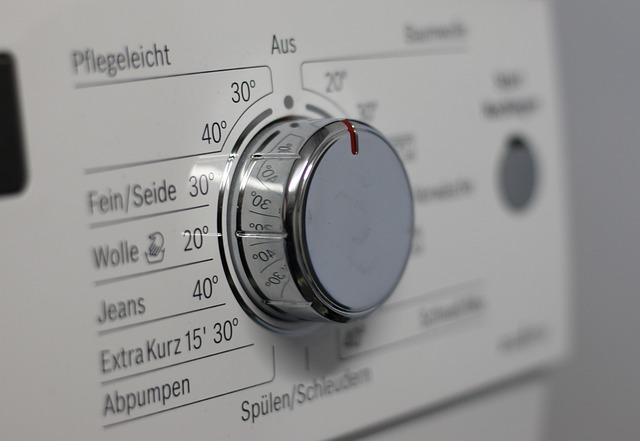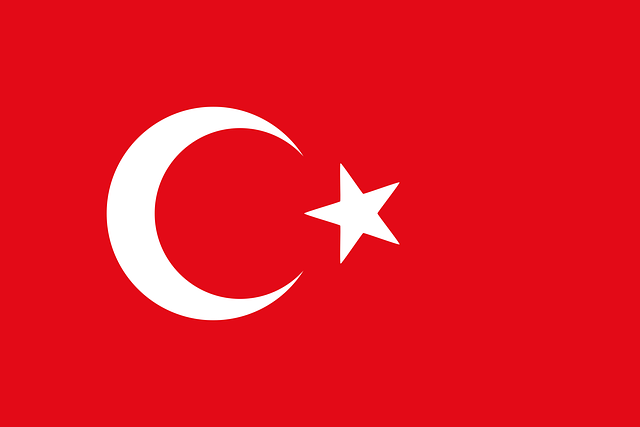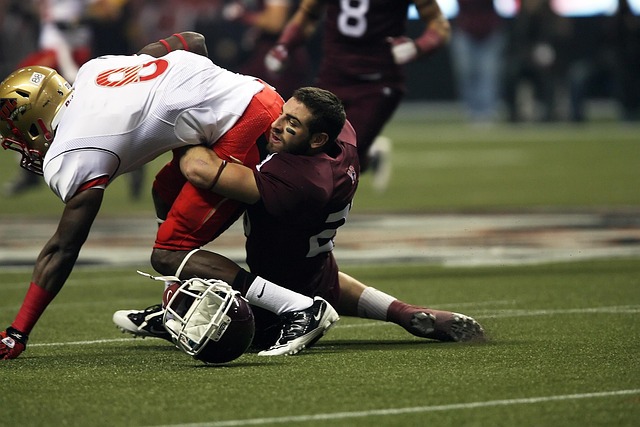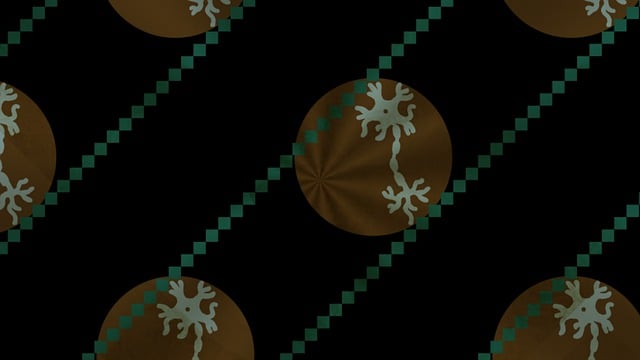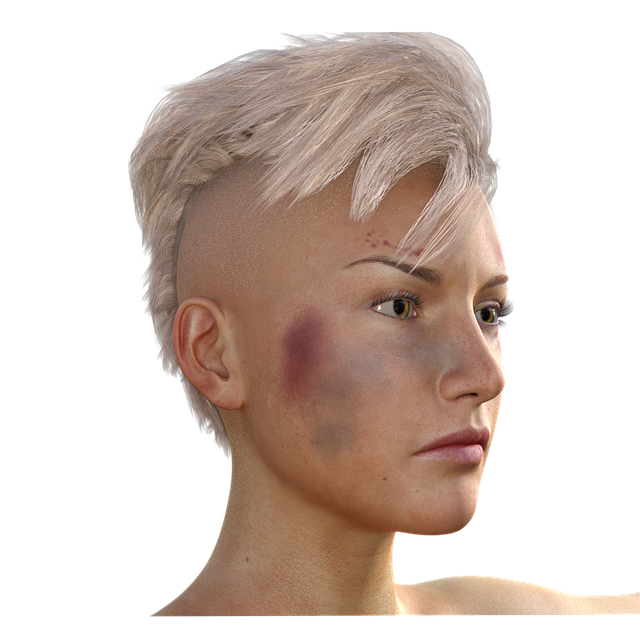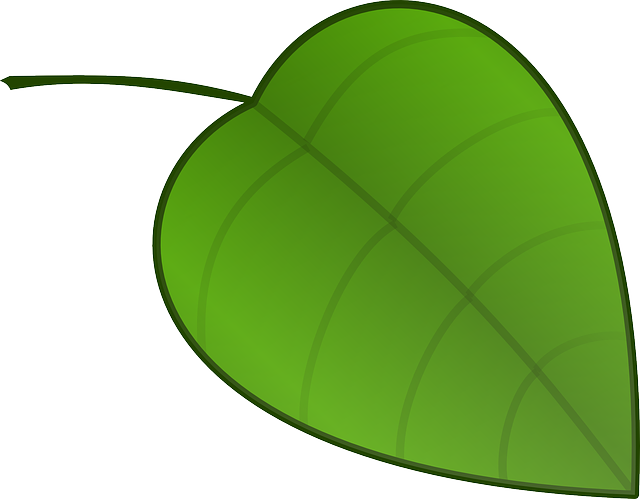After a crash, understanding neck and back nerve impingement is crucial for effective treatment for pinched nerves after a crash with chiropractor. Trauma can damage soft tissues, muscles, and nerves, causing symptoms like pain, numbness, or weakness. Chiropractors, experts in musculoskeletal issues, offer non-invasive solutions using manual adjustments, soft tissue therapy, and exercise recommendations to relieve pressure on nerves and promote healing. Prompt intervention is key to preventing long-term nerve damage and enhancing recovery outcomes. Physical therapy, massage, ultrasound, patient care, rest, ice/heat packs, and good body mechanics also aid in managing nerve impingement post-crash.
Suffering from pain or numbness in your neck or back after a collision? It could be nerve impingement, a common issue arising from automotive accidents. This article guides you through understanding and treating this condition effectively. We explore the role of chiropractic care as a gentle, non-invasive treatment option, targeting relief for pinched nerves post-crash. Additionally, discover other therapeutic approaches and recovery strategies to expedite your journey towards pain-free living.
- Understanding Neck and Back Nerve Impingement After a Crash
- Chiropractic Care as a Treatment Approach
- Additional Therapy Options and Recovery Strategies
Understanding Neck and Back Nerve Impingement After a Crash

After a crash, whether it’s a car accident or a sports injury, understanding neck and back nerve impingement is crucial for effective treatment. When trauma occurs, the body experiences a complex chain reaction, leading to potential damage of the soft tissues, muscles, and nerves in the neck and back regions. A pinched nerve, or nerve impingement, can result from stretched or compressed spinal structures, causing pain, numbness, or weakness that may radiate down the arms or legs.
Chiropractors are often sought after for treatment of pinched nerves after a crash due to their expertise in diagnosing and addressing musculoskeletal issues. They employ various techniques, such as manual adjustments, soft tissue therapy, and exercise recommendations, to alleviate pressure on affected nerves and promote healing. Early intervention is key; seeking care promptly can help prevent long-term nerve damage and improve overall recovery outcomes.
Chiropractic Care as a Treatment Approach

Chiropractic care is often considered an effective and non-invasive approach to treating nerve impingement, especially following a traumatic event like a crash. Chiropractors are trained to diagnose and address issues with the musculoskeletal system, focusing on the spine and nerves. In the case of pinched nerves after a crash, chiropractors use various techniques to relieve pressure and promote healing. These may include spinal adjustments, where precise force is applied to realign misaligned vertebrae, as well as joint mobilization and soft tissue therapy to reduce inflammation and improve mobility.
This treatment method aims to restore proper nerve function and alleviate pain without the need for surgery or prescription medications. Many patients find chiropractic care beneficial for managing chronic pain resulting from auto accidents, as it can help correct postural imbalances and address the underlying causes of nerve compression. By combining manual adjustments with patient education on posture, movement, and self-care, chiropractors empower individuals to take an active role in their recovery process.
Additional Therapy Options and Recovery Strategies

In addition to chiropractic adjustments, several other therapy options can aid in managing and treating nerve impingement after a crash. Physical therapy plays a crucial role, focusing on exercises that improve strength, flexibility, and posture. These exercises can help relieve pressure on the nerves and promote healing. Additionally, specialized techniques like massage therapy or ultrasound treatments might be recommended to reduce inflammation and enhance recovery.
Effective recovery strategies involve patient care and lifestyle adjustments. Resting adequately, avoiding strenuous activities, and maintaining good body mechanics during daily tasks are essential. Applying ice or heat packs can provide temporary relief from pain and swelling. Over-the-counter pain medications can also help manage discomfort, but it’s recommended to discuss these with a healthcare professional for personalized guidance on the treatment for pinched nerves after a crash with chiropractor.
After a crash, experiencing neck and back nerve impingement can be debilitating. However, with the right treatment approach, recovery is achievable. Chiropractic care, known as a non-invasive and effective method, plays a significant role in managing this condition. Additionally, combining chiropractic adjustments with other therapy options and implementing targeted recovery strategies can significantly alleviate symptoms and restore mobility. If you’re suffering from pinched nerves after an accident, consider consulting a chiropractor for personalized treatment tailored to your needs.


